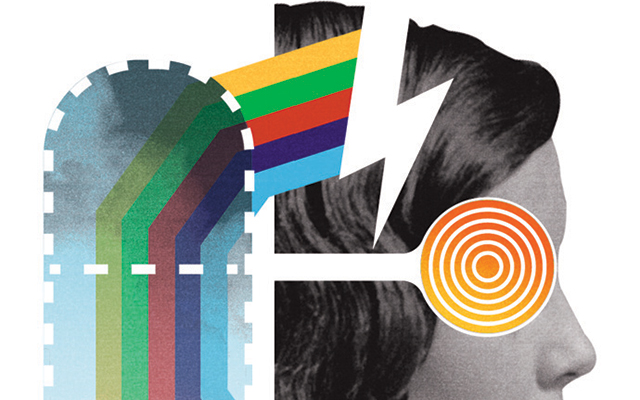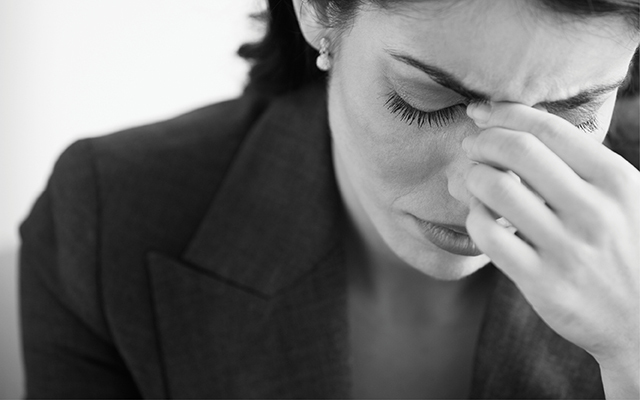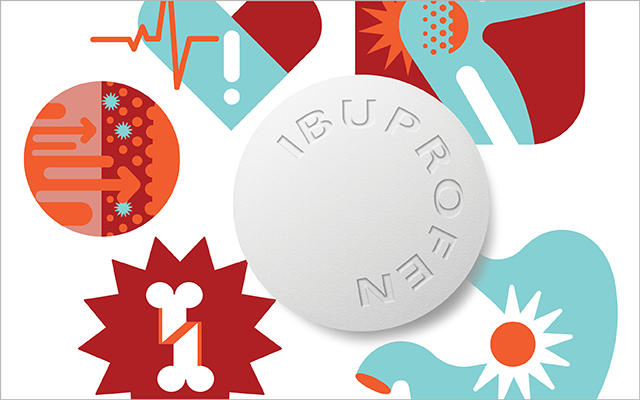Placebos are strong medicine: A recent Harvard report finds that sugar pills can greatly reduce migraine symptoms — even when the patient knows the pill is a fake.
The study, published in Science Translational Medicine, illustrates the power of the placebo effect — and of doctor communication. “What we told patients significantly influenced the outcome of the treatment for the migraine attack,” says researcher Rami Burstein, PhD, anesthesia professor at Harvard Medical School.
When participants were experiencing a migraine, they took either a placebo or Maxalt, a common migraine drug, though the pills were purposefully mislabeled for the study. Surprisingly, Maxalt labeled as a placebo and placebos labeled as Maxalt worked similarly well.
Although researchers don’t know exactly how placebos work, swallowing a pill seems to trigger a conditioned response. “Since you were a child, you’ve taken medicine or pills when you were sick and didn’t feel well,” he says. “And you take those pills with the expectation that they will make you feel better.”
Placebo use is common: In a nationwide survey, half of all U.S. doctors say they regularly give out placebos, whether sugar pills or saltwater injections. Of those doctors, only 5 percent tell patients they’re taking dummy meds.
Although it raises obvious ethical questions, these findings suggest that doctors could prescribe placebos effectively without deceiving their patients.



This Post Has 0 Comments